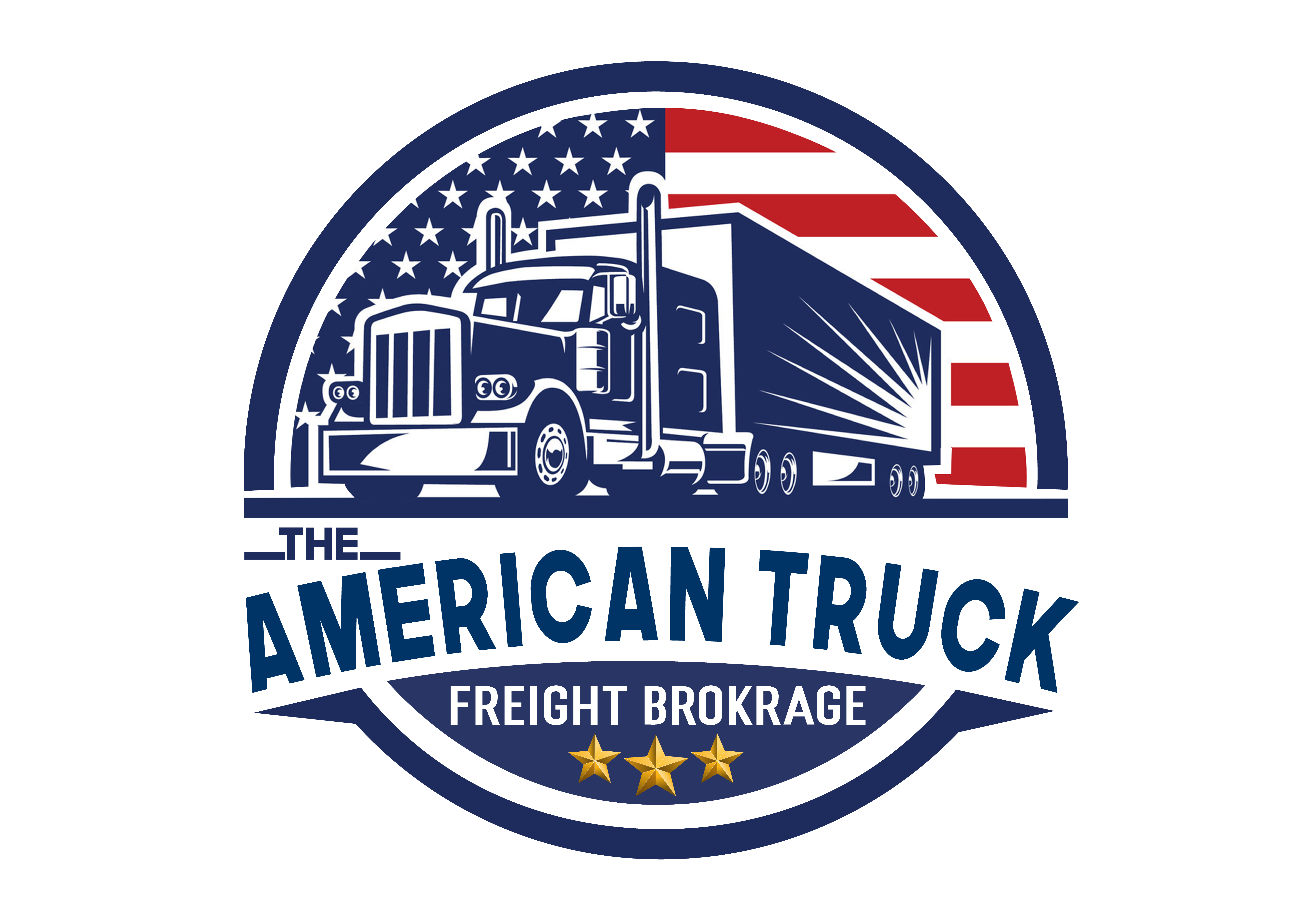
Strategies for Truckstops Continuity
In the logistics realm, truckstops face myriad challenges, especially during disruptions like weather-related closures or emergencies. For brokers relying on these facilities, ensuring continuity of service is paramount. Let’s explore how truckstops effectively manage disruptions to maintain service reliability.
 Navigating Disruptions: A Strategic Approach
Navigating Disruptions: A Strategic Approach
Truckstops serve as vital hubs in the transportation network, facilitating the movement of goods across vast distances. However, disruptions such as adverse weather conditions or unforeseen emergencies can pose significant challenges to their operations. Truckstops employ a strategic approach encompassing various vital strategies to address these challenges and ensure the uninterrupted flow of commerce.
1. Extended Operational Hours: One primary strategy truckstops adopt is extending operational hours. By offering extended hours of operation, truckstops can alleviate congestion during peak times, providing brokers with greater scheduling flexibility and optimizing the flow of goods. This extended availability ensures that brokers and carriers can access essential services and facilities whenever needed, regardless of the time of day or night.
2. Flexible Delivery Timelines: Another critical aspect of managing disruptions is the adoption of flexible delivery timelines. Truckstops adjust their business hours to accommodate fluctuations in truck traffic, reducing wait times and enhancing operational efficiency. Truckstops can minimize disruptions and maintain seamless operations even during challenging circumstances by being adaptable and responsive to changing demand patterns.
3. Real-Time Updates: Information is critical to effective decision-making in today’s fast-paced world. Truckstops implement real-time updates to inform brokers about parking availability, service disruptions, and other pertinent information. These systems provide up-to-date information, enabling brokers to make informed decisions and coordinate shipments efficiently. Whether through mobile apps, digital signage, or other communication channels, real-time updates ensure transparency and facilitate smooth operations.
4. Capacity Enhancements: Truckstops prioritize capacity enhancements to address increased demand during disruptions. This may involve expanding parking areas, upgrading facilities, or implementing more efficient management systems. Truckstops can accommodate higher traffic volumes by investing in infrastructure improvements without sacrificing service quality. These enhancements improve operational efficiency and the overall customer experience for brokers and carriers.
5. Parking Reservations: Leveraging reservation systems is another effective strategy for streamlining operations. Truckstops allow brokers to reserve parking spaces in advance, ensuring smoother operations and clear communication. By providing brokers with the ability to secure parking ahead of time, truckstops can reduce congestion and optimize space utilization. This proactive approach minimizes wait times and ensures trucks can access parking facilities immediately, even during peak periods.
6. Regulation and Enforcement: Effective regulation of parking areas is essential for maintaining order and ensuring efficient operations. Truckstops enforce designated parking usage, minimizing congestion and optimizing space utilization. By establishing clear guidelines and enforcing compliance, truckstops can prevent disruptions caused by parking congestion and ensure a safe and organized environment for all stakeholders.
7. Low-Development Parking Options: Besides traditional parking facilities, truckstops may explore low-development parking options to address space shortages. These options, such as off-site or temporary parking arrangements, can provide additional capacity during disruptions. Truckstops can effectively manage capacity constraints and maintain service continuity by thinking innovatively and leveraging available resources.
8. Collaboration with Shippers: Collaboration with shippers is crucial for ensuring the provision of adequate parking spaces and other essential services. Truckstops work closely with shippers to understand their needs and requirements, proactively addressing any challenges. Truckstops can enhance resilience and service continuity by fostering strong partnerships and open communication, even in disruptions.

Conclusion: Upholding Reliability Amidst Challenges
In conclusion, truckstops are vital in the logistics ecosystem, serving as essential hubs for brokers and carriers alike. Despite facing numerous challenges, including disruptions such as weather-related closures or emergencies, truckstops employ various strategies to ensure continuity of service. By extending operational hours, adopting flexible delivery timelines, implementing real-time updates, enhancing capacity, leveraging parking reservations, enforcing regulations, exploring low-development parking options, and collaborating with shippers, truckstops can effectively navigate disruptions and maintain service reliability. Prioritizing service reliability drives success and resilience in the logistics ecosystem, ensuring that goods flow smoothly across the supply chain, regardless of external challenges.
For further details, visit The American Truck Inc.
To schedule appointments, contact us for a complimentary consultancy session.




